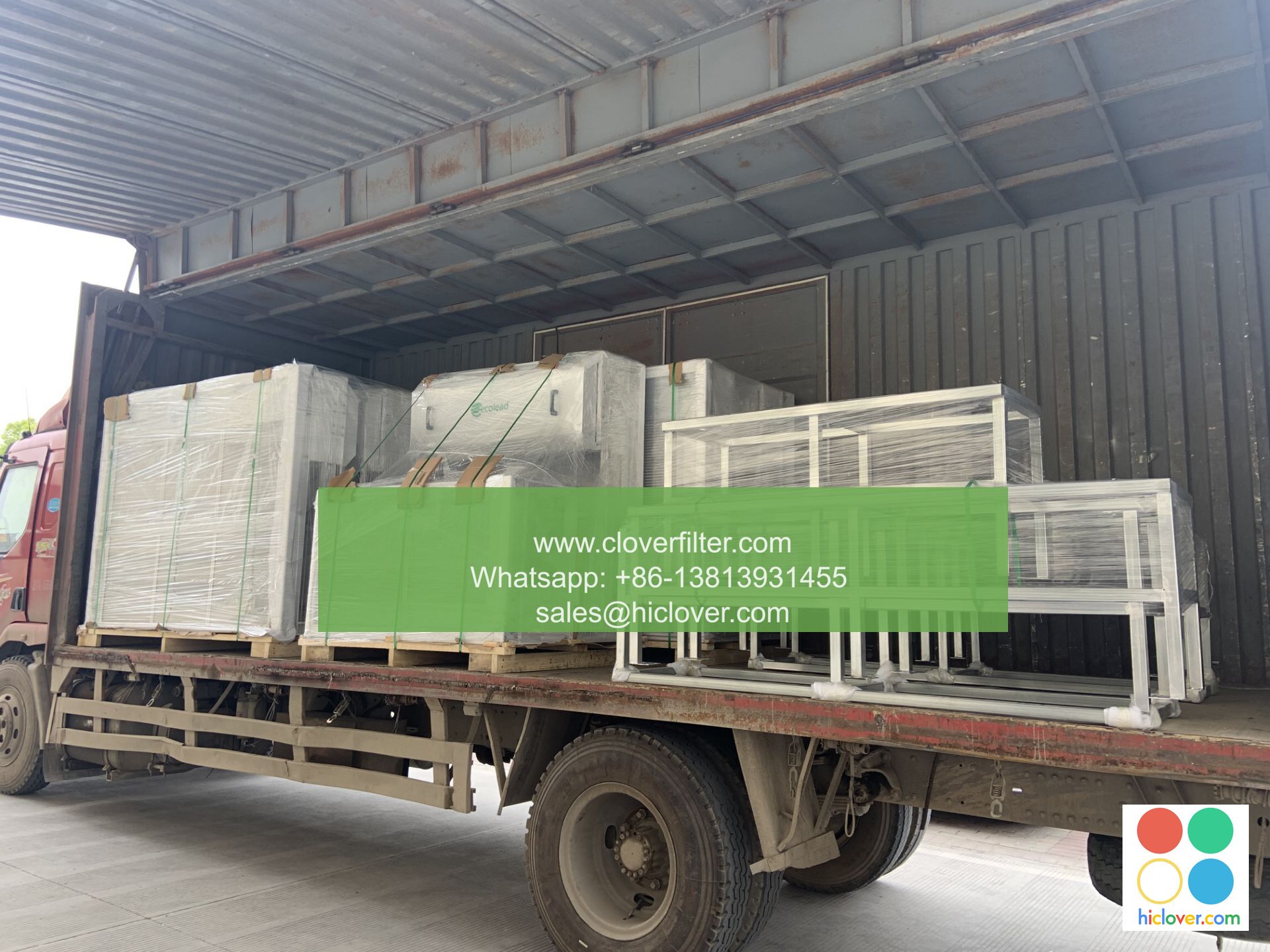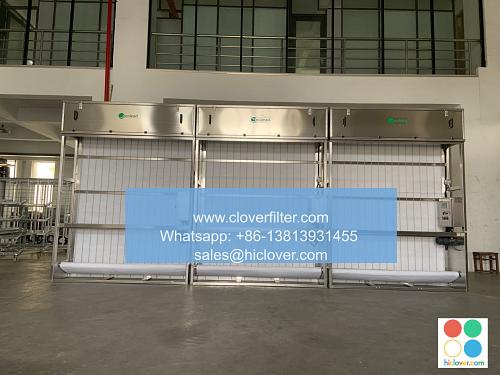The Advantages of Energy-Efficient Air Filters for Office Buildings

The Advantages of Energy-Efficient Air Filters for Office Buildings
In today’s increasingly aware and environmentally conscious world, the importance of energy-efficient air filters in office buildings cannot be overstated. The use of these filters offers numerous benefits, including energy savings, improved indoor air quality, and reduced environmental impact. In this article, we will highlight the advantages of using energy-efficient air filters in office buildings, as well as the various application areas where they can be effectively utilized.
Cost Savings
One of the most significant advantages of energy-efficient air filters is the cost savings they can provide. By reducing energy consumption and improving system efficiency, these filters can help lower energy bills and costs associated with cooling and heating the building. [1]
Improved Indoor Air Quality
Energy-efficient air filters not only improve air quality by trapping smaller particles and pollutants, but they also reduce odors and volatile organic compounds (VOCs). This can significantly improve indoor air quality, making offices a more comfortable and healthy environment for building occupants. [2]
Reduced Environmental Impact
The use of energy-efficient air filters in office buildings can have a positive impact on the environment. By reducing energy consumption and minimizing waste, these filters can help reduce our carbon footprint and contribute to a more sustainable future. [3]
Key Application Areas
The advantages of energy-efficient air filters can be seen in various areas within office buildings, including:
- HVAC Systems: Energy-efficient air filters can be used in heating, ventilation, and air conditioning (HVAC) systems to improve system efficiency and reduce energy consumption.
- Air Compressors: Efficient filters can be used to reduce energy consumption and improve air quality in air compressors used for industrial processes.
- Printing and Fabrication: Filters can be used to reduce particulate and gaseous emissions in printing and fabrication processes, improving indoor air quality and reducing environmental impact.
- Data Centers: Energy-efficient air filters can be used in data centers to improve air quality and reduce energy consumption, ensuring the smooth operation of critical equipment.
Conclusion
In conclusion, the use of energy-efficient air filters in office buildings can provide numerous benefits, including cost savings, improved indoor air quality, and reduced environmental impact. By understanding the advantages of these filters and their various applications, building managers and facility executives can make informed decisions that benefit both their organizations and the environment. When selecting energy-efficient air filters, it is essential to consider factors such as filter efficiency, nominal size, and MERV rating to ensure that the chosen filter meets the specific needs of the office building.
References
[1] "Energy-Efficient Air Filters: A Guide for Building Owners and Managers." U.S. Department of Energy.
[2] "Indoor Air Quality and Health." World Health Organization.
[3] "Environmental Impact of HVAC Systems." ASHRAE.
I’m happy to help! Please go ahead and provide the prompt, and I’ll do my best to assist you. What would you like to talk about?


